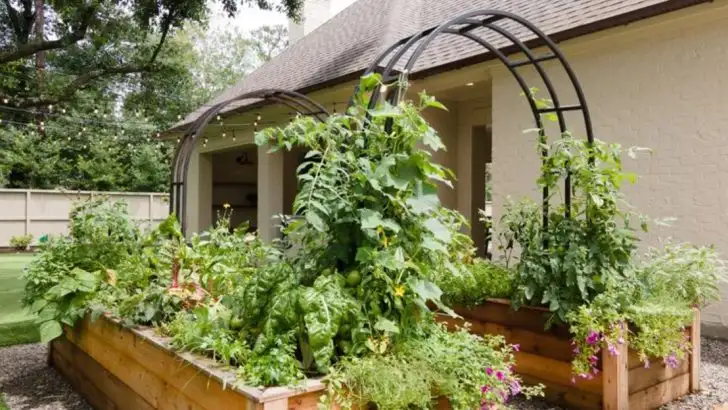Sometimes, the best results come from what you didn’t mean to do. In one unforgettable season, I made a string of gardening “mistakes” that—surprisingly—led to my biggest harvest ever.
From planting too close together to forgetting to prune and even skipping fertilizer, these unintentional choices pushed my garden to adapt, self-regulate, and produce more than I imagined. What felt like failure turned out to be a lesson in nature’s resilience.
In this article, I’ll share 10 missteps that turned into unexpected wins—and how you can use (or even embrace) these so-called mistakes to grow a more abundant, less stressful garden.
Overwatering
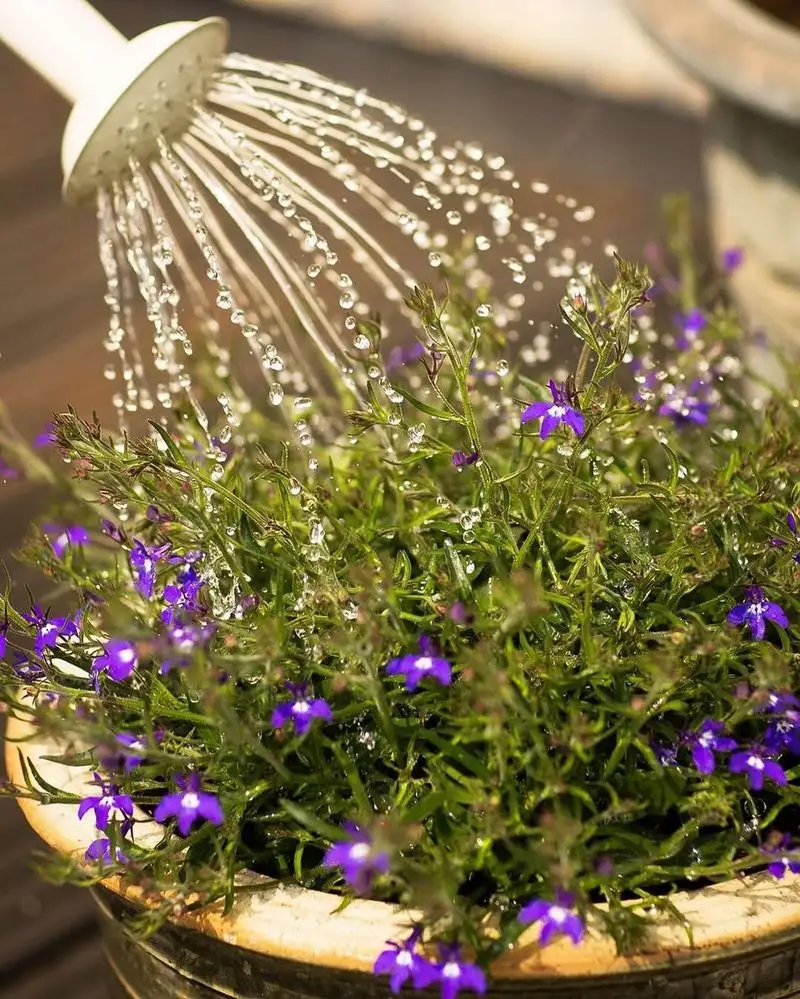
Who would have thought that forgetting to turn off the hose could lead to such growth? It turns out, plants like tomatoes and cucumbers thrived in the extra moisture, though I wouldn’t recommend it as a general practice.
The soil nearly turned to mud, yet the plants seemed to thrive in the chaos. This taught me the importance of observing plants’ responses to water.
Too much water usually spells disaster, but in certain climates, it can sometimes yield unexpected bounty. Just be careful as not all plants enjoy a drink too much!
Neglecting to Prune
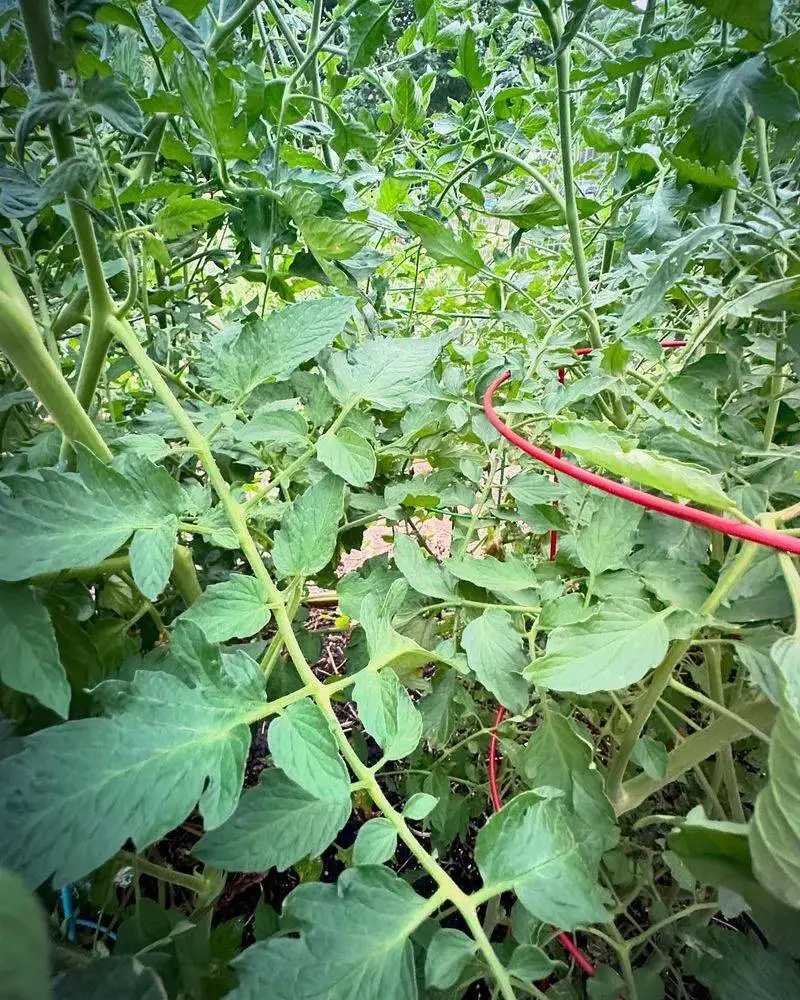
Leaving the shears in the shed turned into an accidental experiment with tomato plants. Without scheduled trimming, the vines grew tangled and thick, yet they bore more fruit than ever.
The unruly growth seemed to encourage more blossoms, and soon the branches sagged under the weight of the tomatoes. This misstep revealed that sometimes, nature knows best.
Pruning is essential for many plants, but occasional neglect might lead to surprising rewards. It’s crucial to know which plants can handle a bit of wild growth and which cannot.
Forgetting to Weed
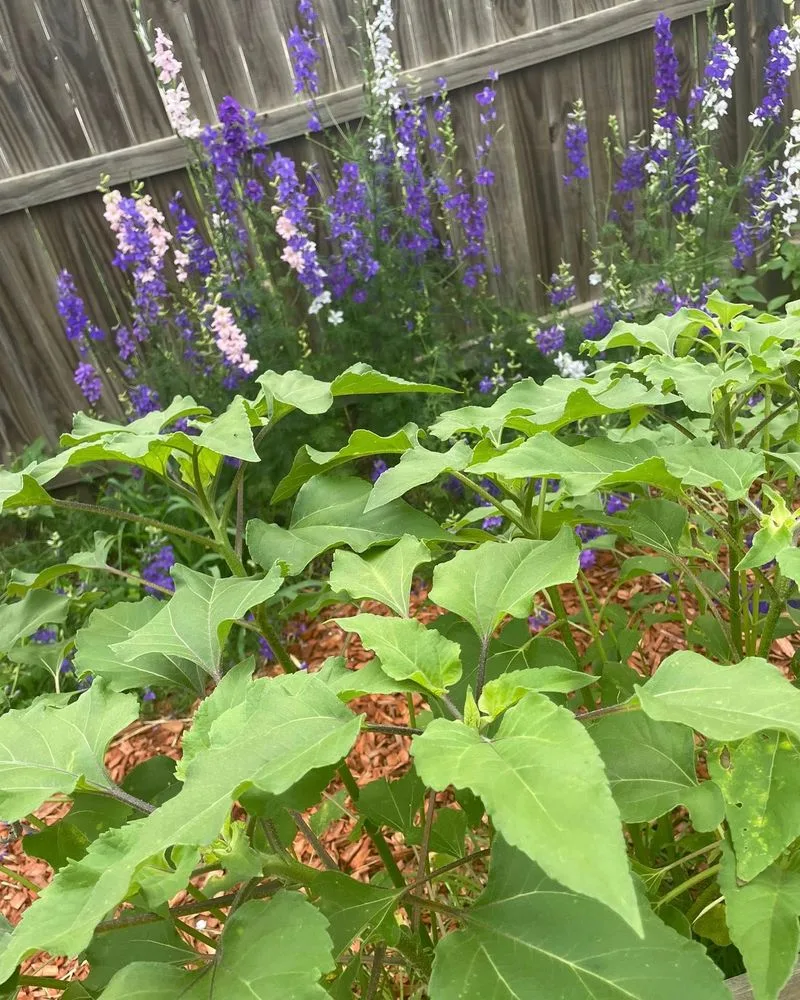
Weeds are often seen as arch-nemeses in the garden, but missing a few weeding sessions taught me a lesson. The clover and dandelions that appeared next to my carrots seemed to encourage their growth.
The competition didn’t stifle the carrots but rather seemed to bolster their resilience. While weeds can rob nutrients, they sometimes offer unexpected benefits by encouraging plants to grow stronger.
Embracing some weeds might not be such a bad idea, as they can coexist with cultivated plants under the right circumstances.
Ignoring Pest Control
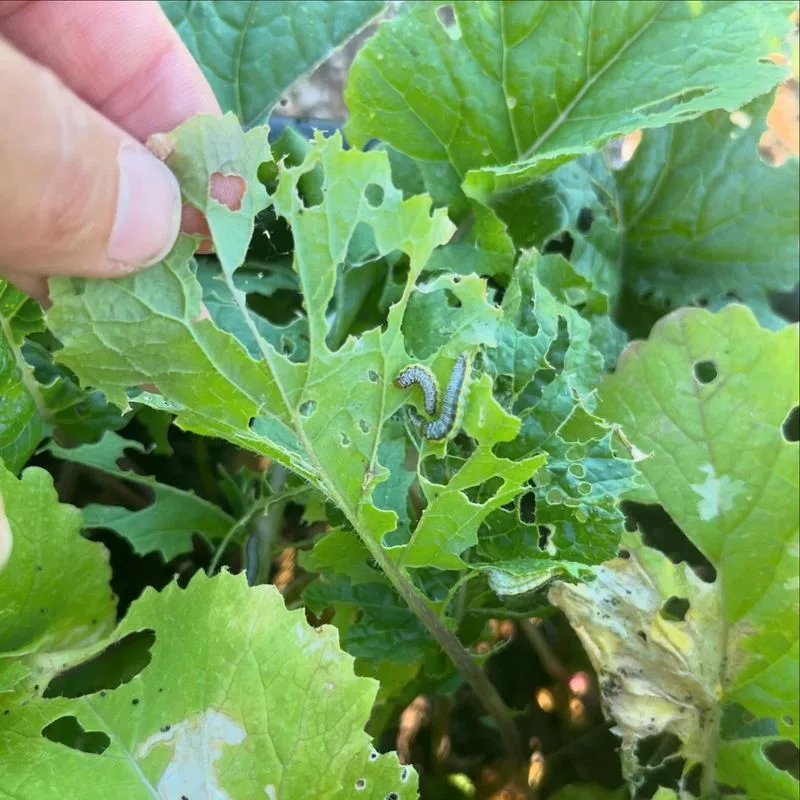
In the war against garden pests, I mistakenly let my guard down. Expecting disaster, I was surprised to find my crops flourishing.
It turns out, some pests attracted beneficial insects that kept the ecosystem balanced, allowing plants to thrive without human interference.
This oversight showed me that not all bugs are bad, and some can even help maintain a garden’s health. Sometimes letting nature handle pest control can result in a robust and balanced harvest.
Planting Too Close Together
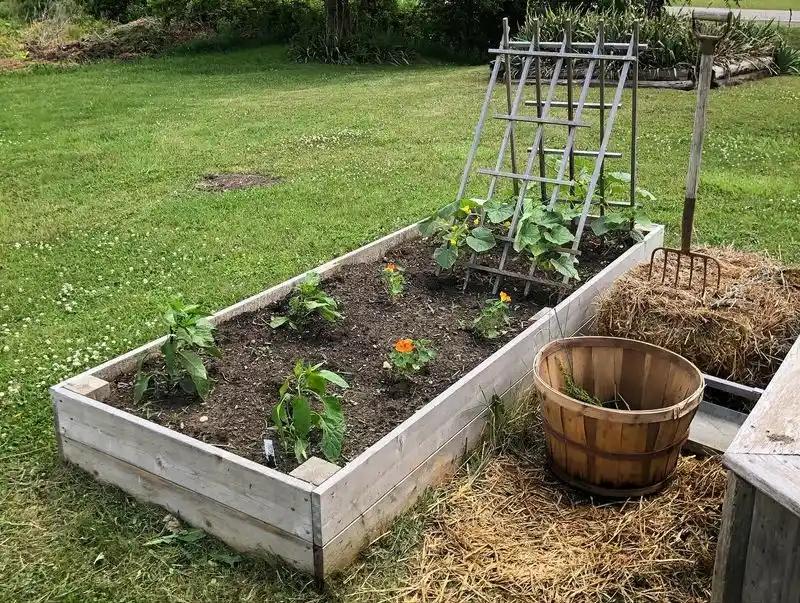
Spacing guidelines are there for a reason, but crowding seemed to do no harm this time. Vegetables planted too closely competed fiercely for sunlight and nutrients, but the result was a surprisingly abundant harvest.
The tight quarters forced them to grow taller and stronger than ever. While it’s not a strategy I would consistently apply, the lesson learned was that sometimes plants can adapt and even thrive in less-than-ideal conditions.
It’s a gamble, but one that might just pay off with the right plant varieties.
Using Expired Seeds
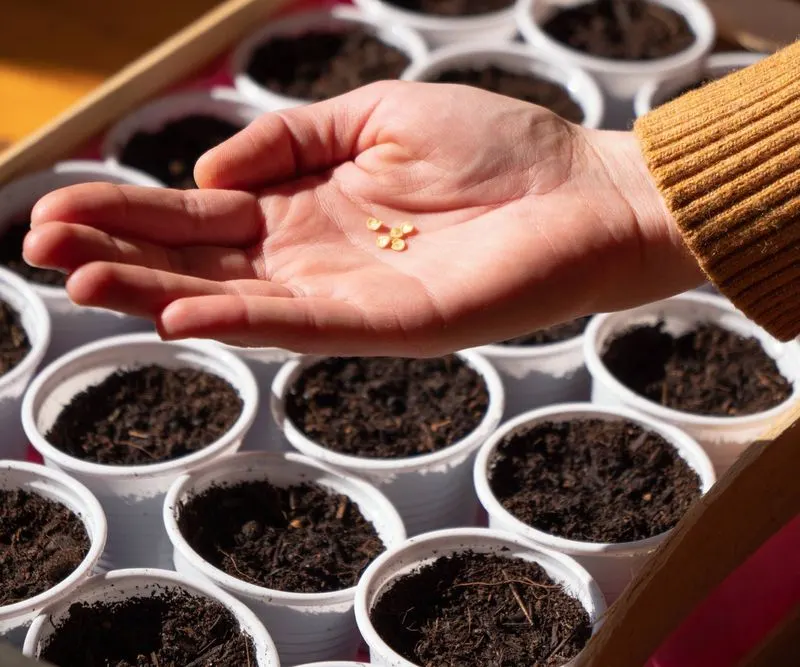
Expired seeds found at the back of my shed weren’t meant to be a success story. Yet, many sprouted, leading to an unexpectedly vibrant garden.
Although not all seeds germinated, those that did were strong and hearty, proving that sometimes, older seeds still hold life.
This satisfied my curiosity about seed viability beyond expiration dates. A gamble with expired seeds can sometimes surprise you with a strong and fruitful yield.
Skipping Soil Testing
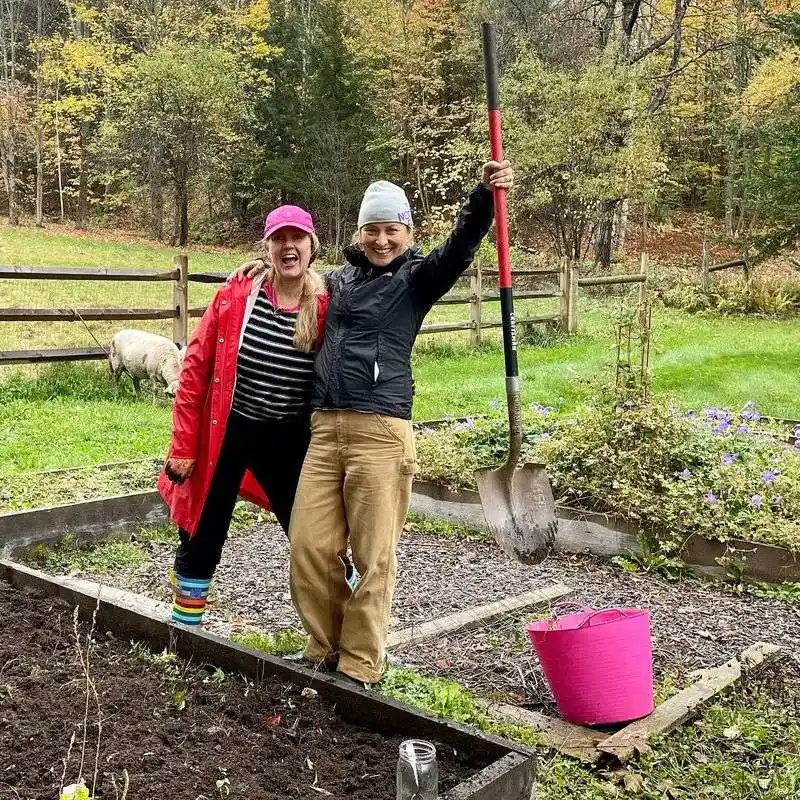
Skipping the soil test was a shortcut that could have ended in poor growth. However, it turned out the soil was richer than expected, providing ample nutrients for a bountiful harvest.
This experience taught me that while soil testing is wise, sometimes nature provides all the right ingredients without expert intervention.
Luck played a big part here, but it highlighted the potential of trusting nature’s balance occasionally.
Over-fertilizing
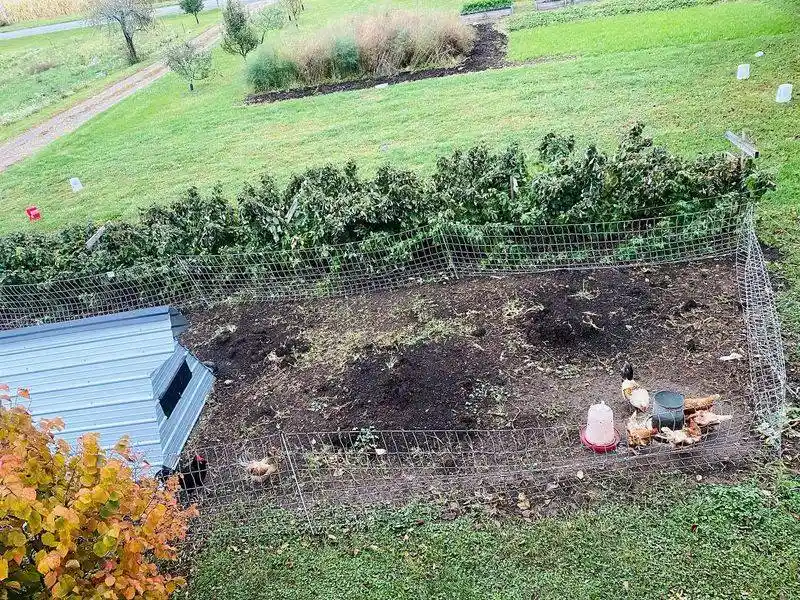
In a bid to boost growth, I went overboard with fertilizer. Yet, instead of wilting, the plants flourished like never before.
The excess nutrients seemed to encourage a robust growth cycle, though this is not a recommended practice.
It was a reminder that plants can often take more than we expect, but relying on this method can easily backfire. Balance is key, even if an oversight occasionally leads to pleasant surprises.
Letting Animals Roam
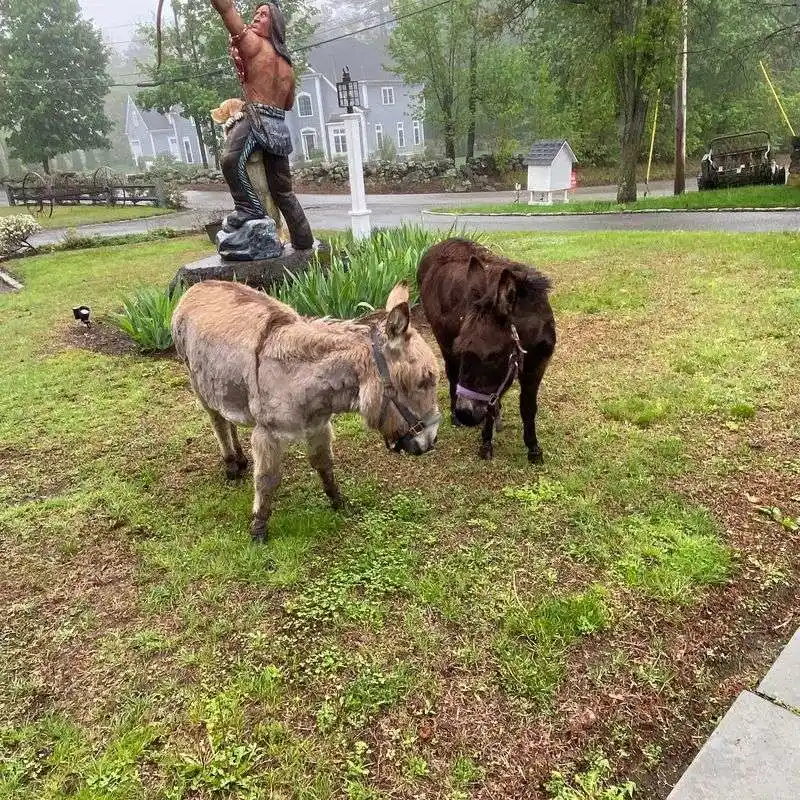
Allowing chickens to wander the garden seemed like an invitation to chaos, but they provided unexpected benefits.
Their pecking controlled pests and their droppings acted as natural fertilizer, leading to a thriving garden.
This serendipitous mistake highlighted the importance of animals in maintaining a healthy ecosystem. With the right balance, animals can be an integral part of a productive garden.
Ignoring Companion Planting
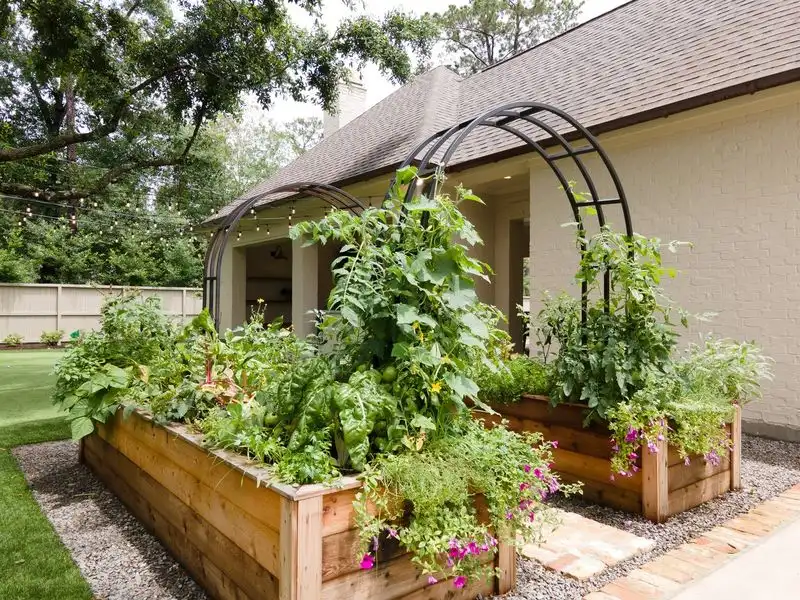
Companion planting has its benefits, but ignoring it didn’t spell disaster as expected. The garden flourished, with plants supporting each other in unforeseen ways.
Certain plants seemed to repel pests naturally, while others shared nutrients more effectively than anticipated.
This outcome revealed that sometimes, plants can form their own beneficial relationships, independent of human-imposed rules. Observing their natural interactions can lead to surprising success.

